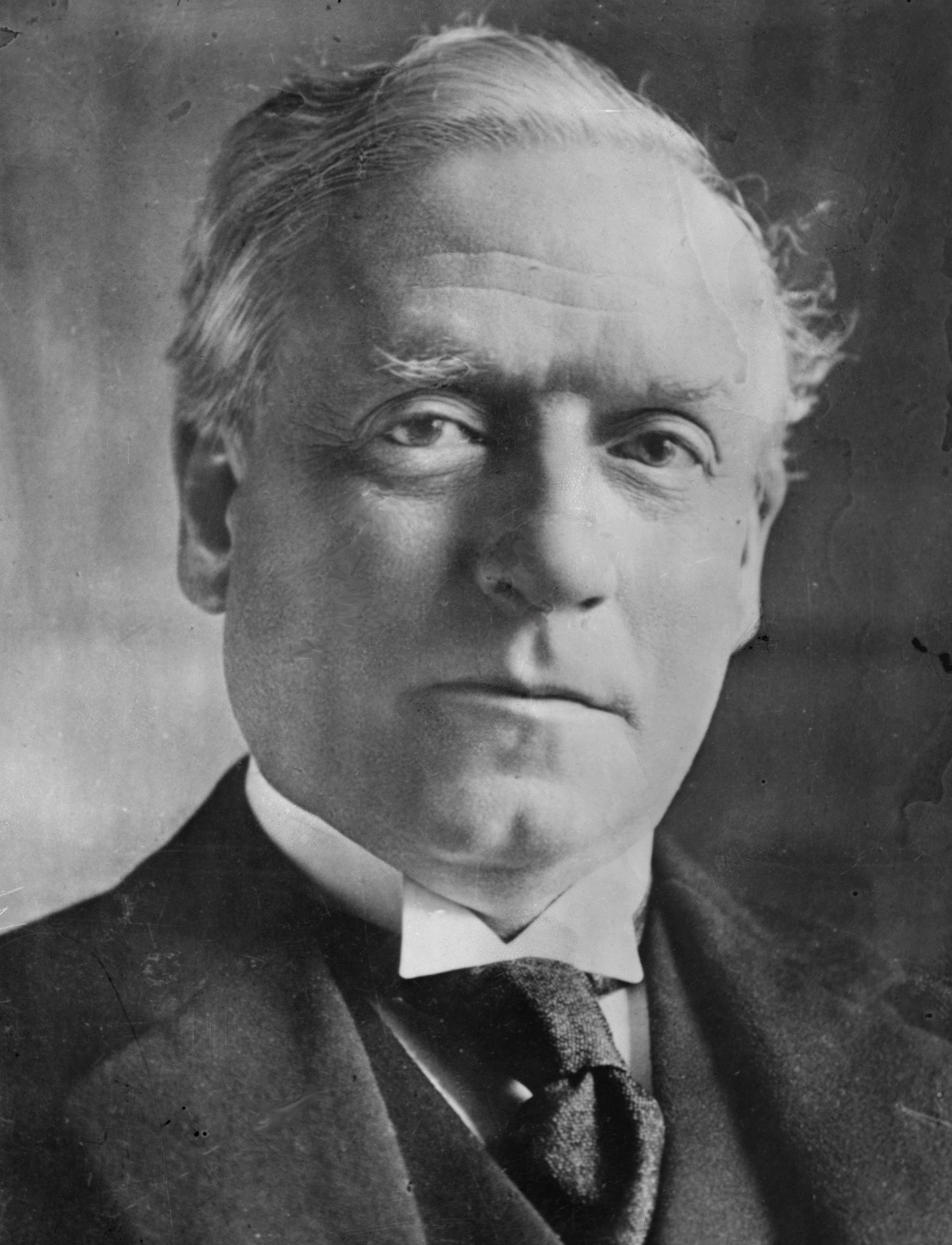Herbert Henry Asquith, I Conte di Oxford e Asquith, KG KC PC , è stato un politico inglese.
Fu Primo ministro del Regno Unito per il Partito Liberale dal 1908 al 1916. La durata della sua permanenza ininterrotta come primo ministro fu la più lunga del Regno Unito nel XX secolo fino al 5 gennaio 1988, quando lo superò Margaret Thatcher. Winston Churchill rimase in carica più a lungo cumulando due mandati non consecutivi.
Come primo ministro, Asquith guidò il suo partito liberale a una serie di riforme, tra cui la previdenza sociale e la riduzione del potere della camera dei Lord. Guidò la nazione nella prima guerra mondiale, ma una serie di crisi militari e politiche portarono al suo rimpiazzo verso la fine del 1916 con David Lloyd George. Il suo dissidio con Lloyd George giocò un ruolo importante nella caduta del Partito Liberale.
Prima del suo mandato da primo ministro ricoprì la carica di ministro dell'Interno e di cancelliere dello Scacchiere . Era noto come H. H. Asquith fino alla sua elevazione alla dignità di pari , quando diventò conte di Oxford e Asquith.
I successi di Asquith in tempo di pace sono stati offuscati dalle sue debolezze in tempo di guerra. Molti storici ritraggono un primo ministro vacillante, incapace di incarnare la necessaria immagine di azione e dinamicità di fronte alla nazione. Altri sottolineano la sua costantemente notevole abilità amministrativa, e sostengono che molte delle principali riforme popolarmente associate a Lloyd George come "l'uomo che ha vinto la guerra" fossero effettivamente introdotte da Asquith. Il verdetto storico dominante è che ci sono stati due Asquith: l'Asquith raffinato e conciliante, uomo di governo di successo in tempo di pace, e l'Asquith esitante e sempre più esausto, dalla politica confusa e indecisa durante la Grande Guerra.
Wikipedia
✵
12. Settembre 1852 – 15. Febbraio 1928
